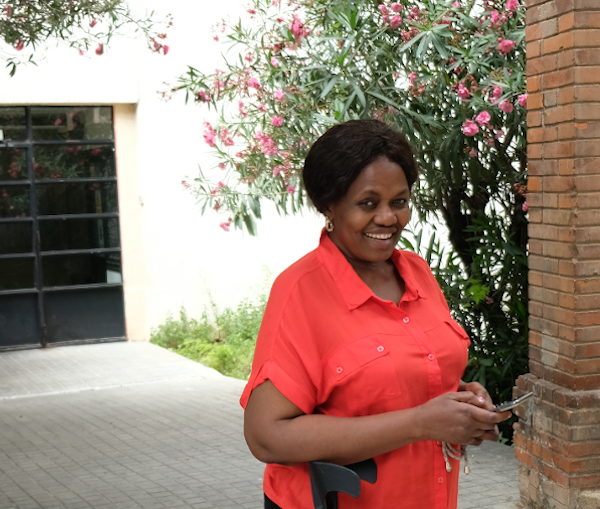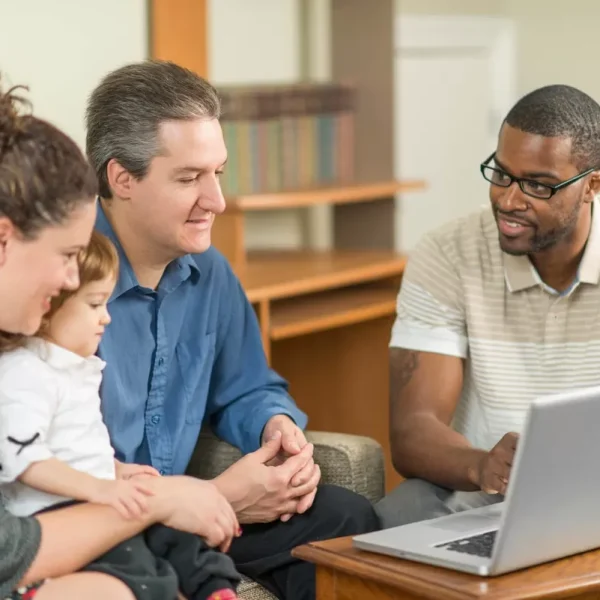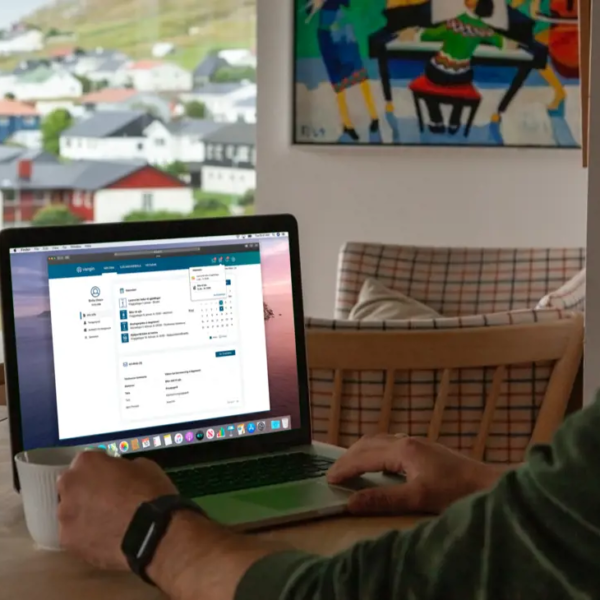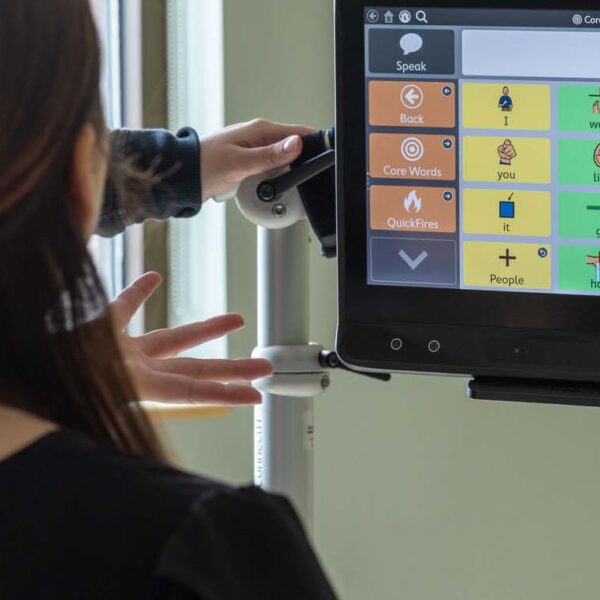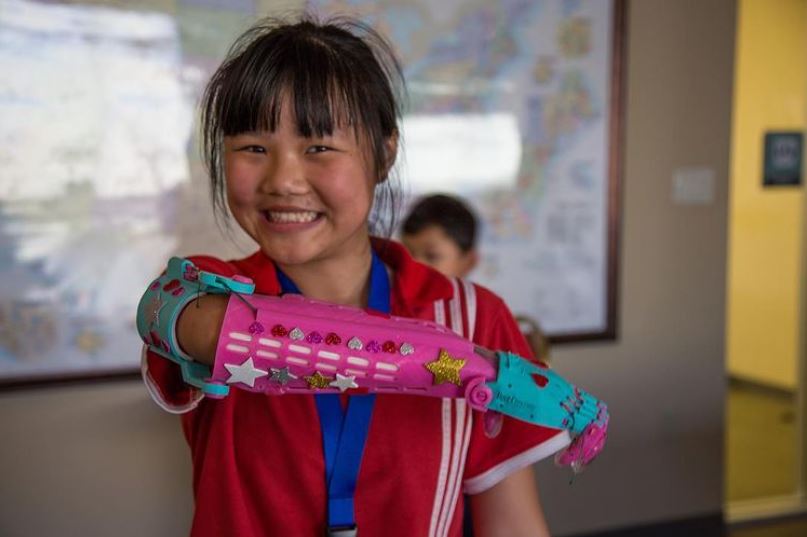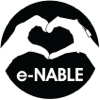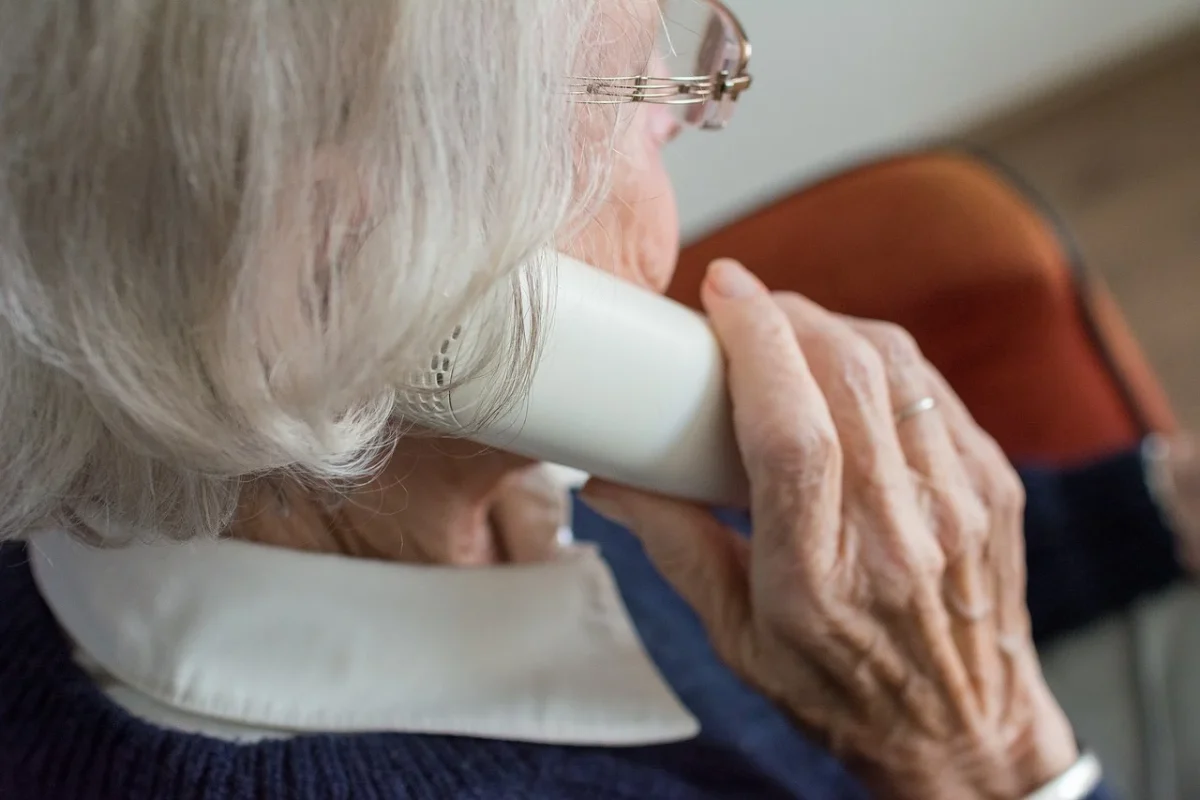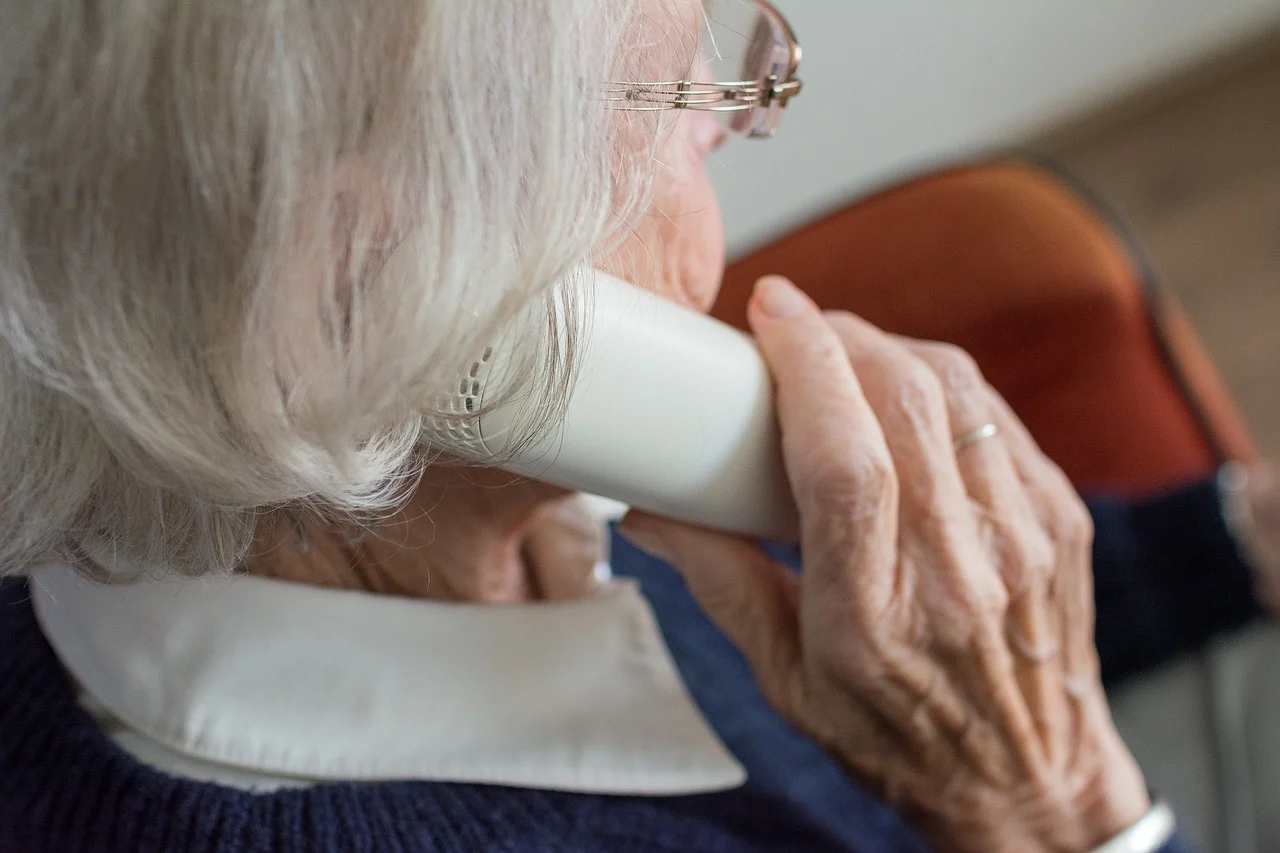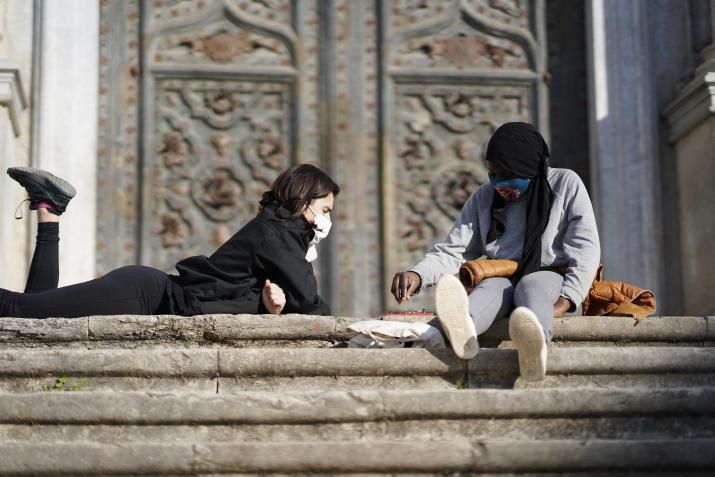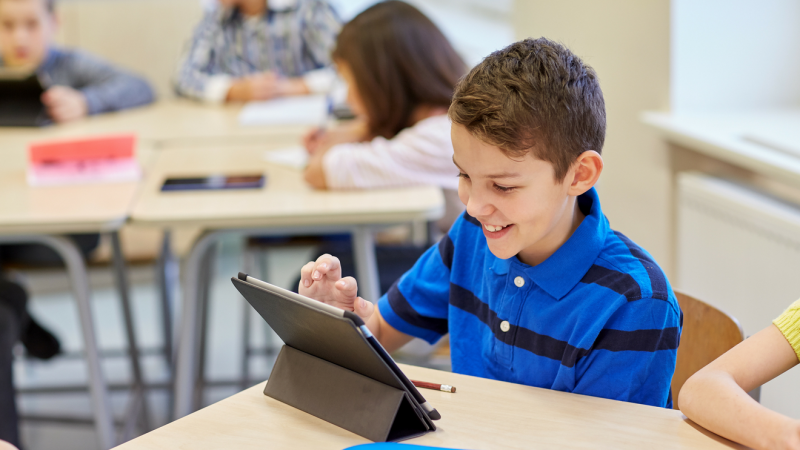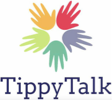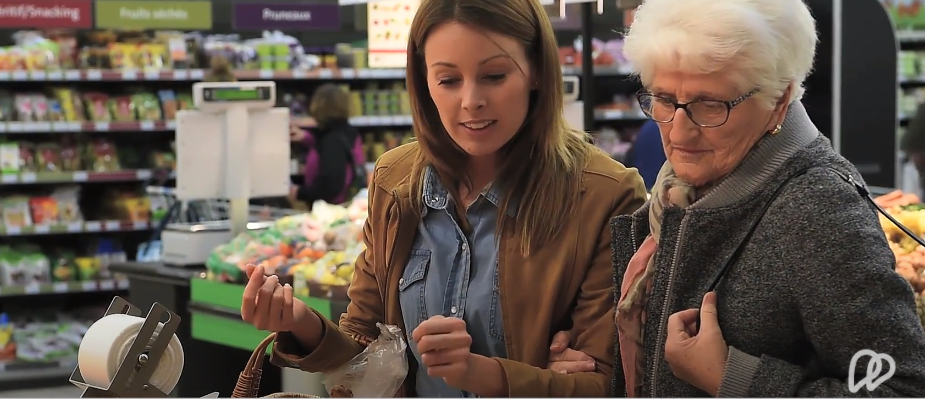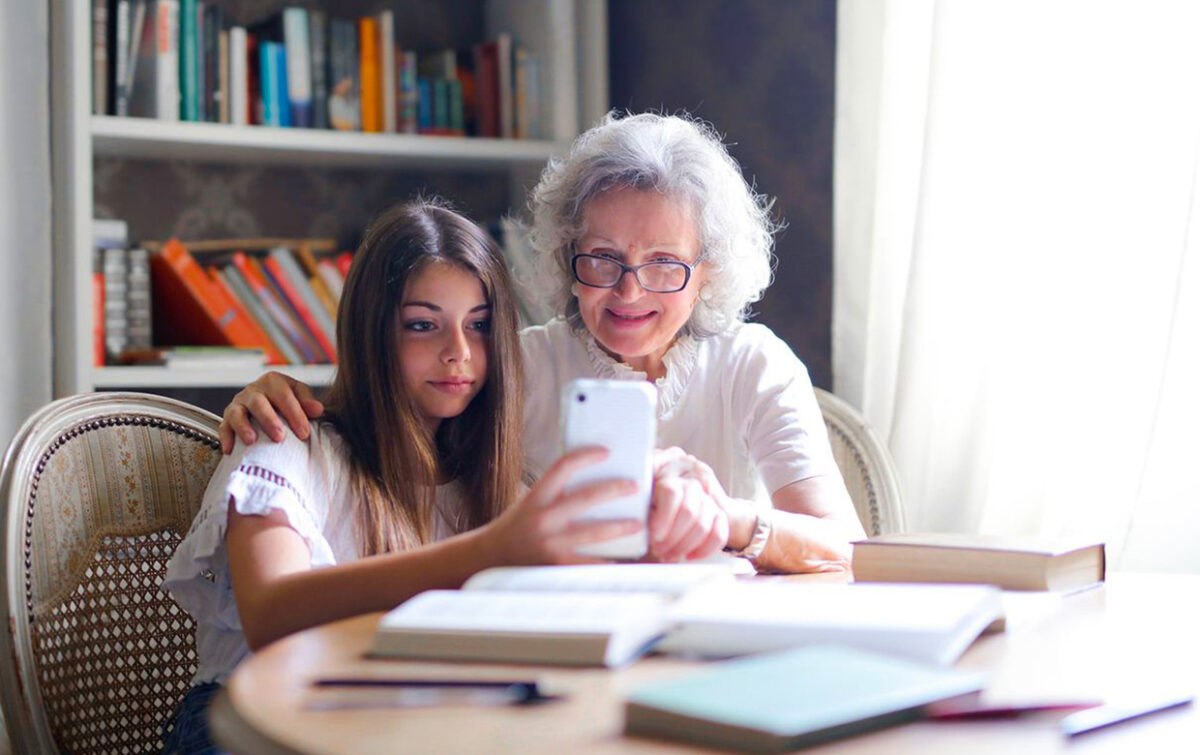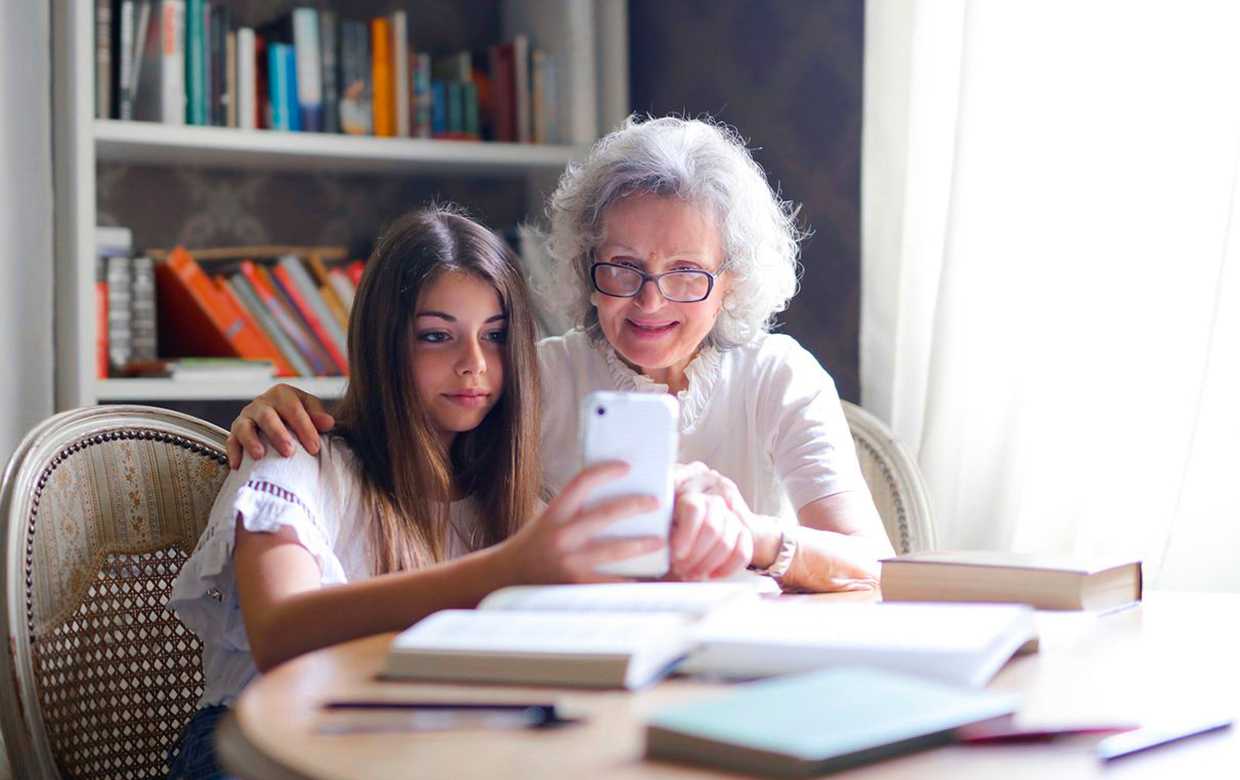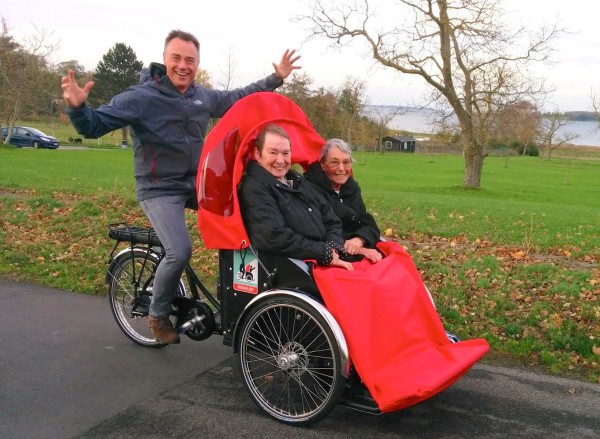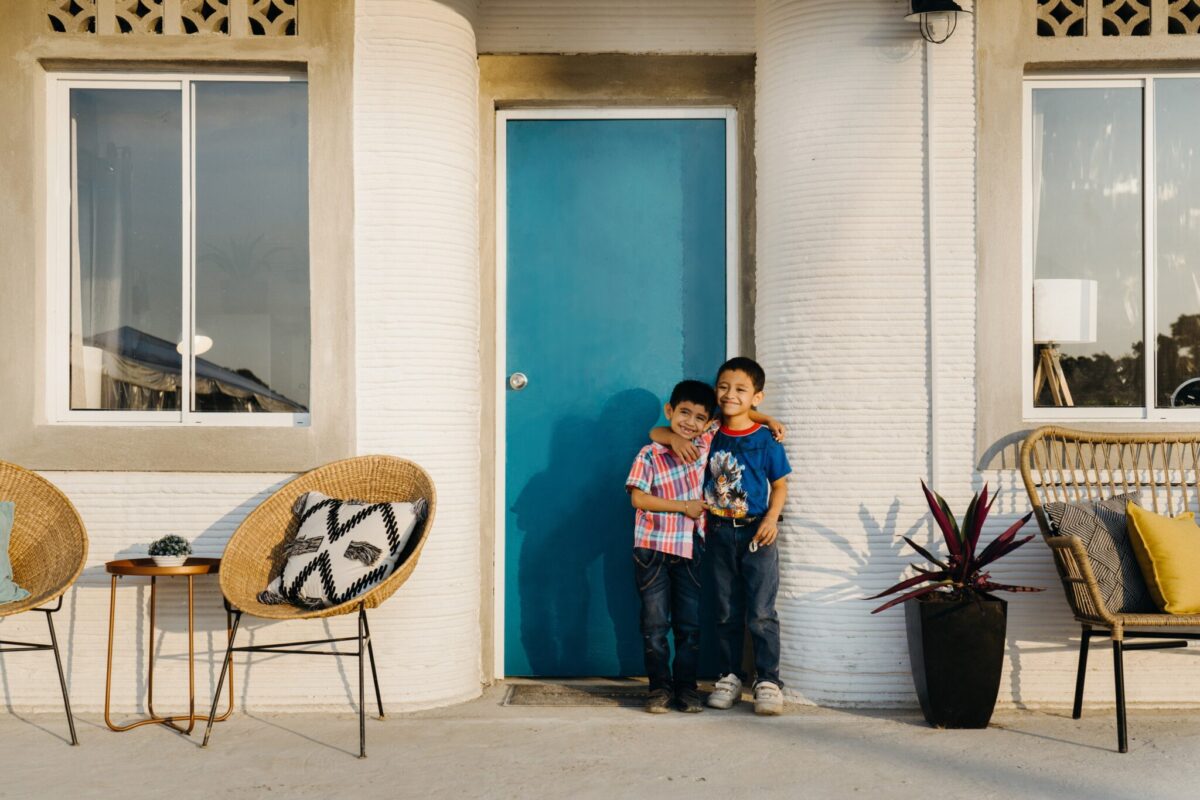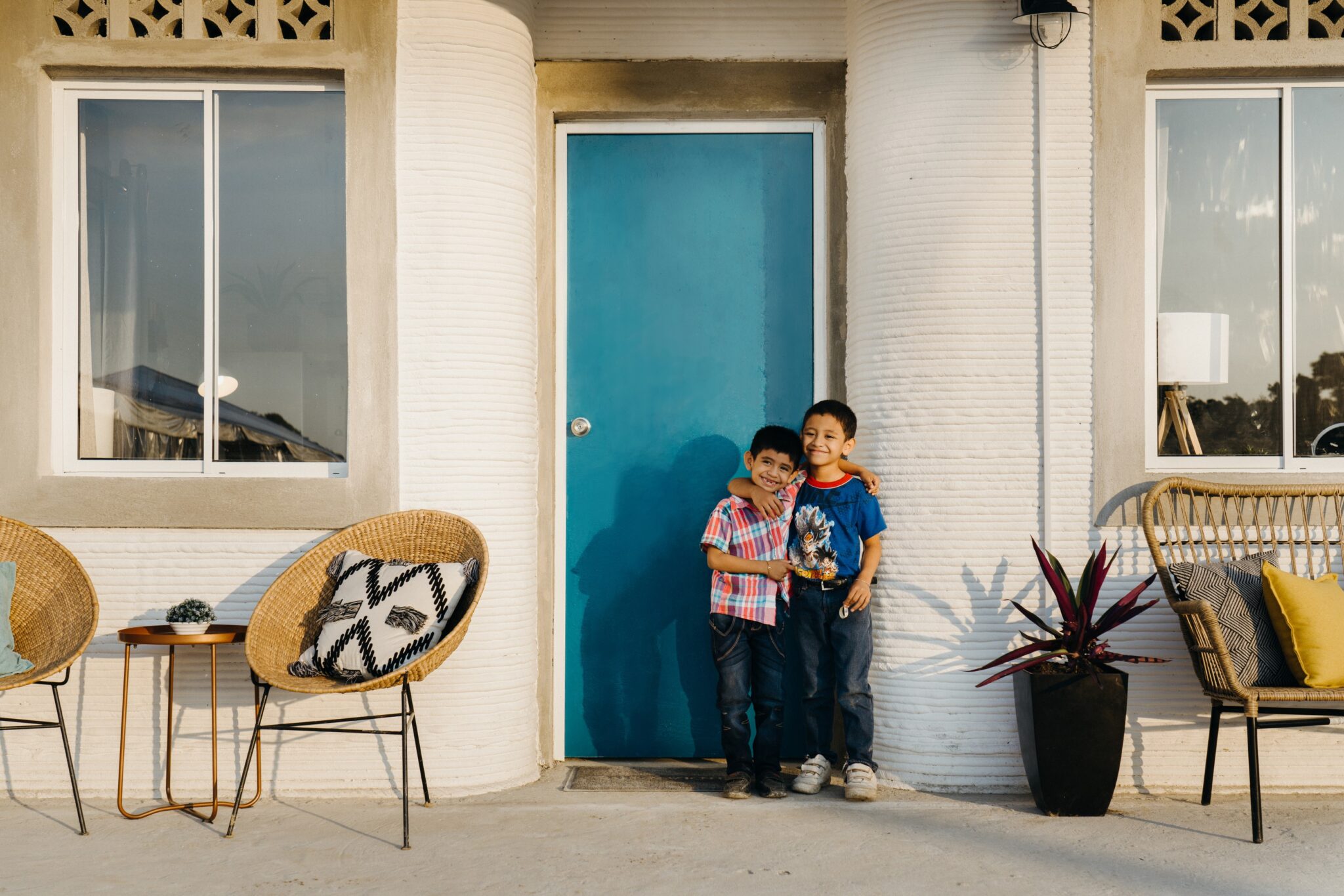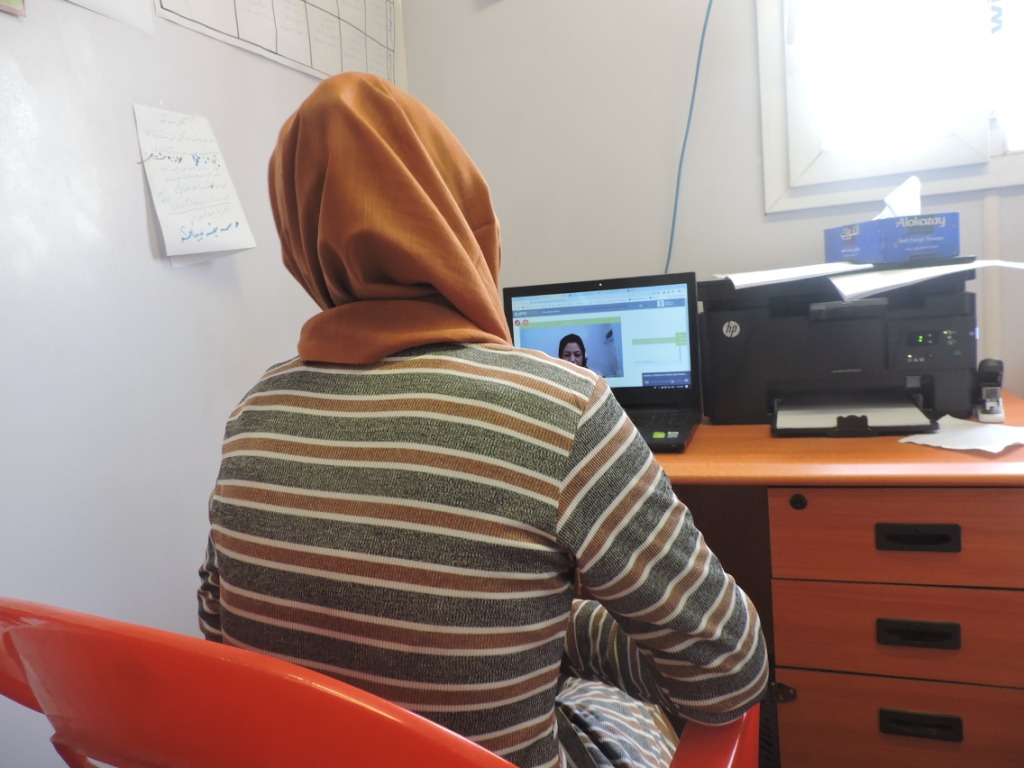Village Landais Alzheimer, village that allows autonomy of people with Alzheimer
Village Landais Alzheimer, village that allows autonomy of people with Alzheimer
Village Landais Alzheimer Public Interest Group

Imatge from Ehpadia website.
Residential complex with 105 people suffering from Alzheimer’s with a high degree of independence.
It is a small village designed exclusively to allow people with this disease to live autonomously, away from socio-sanitary centres and without the constant support of their relatives. Each inhabitant pays 24,000 euros per year and lives in a family-like house, despite sharing with other residents common spaces such as shops and a theater room. Sociosanitary care, on the other hand, is guaranteed by a group of professionals working there, as well as volunteers working in activities to promote the socialization of the residents.
The village is also a resource center for medical and therapeutic research, as studies are conducted there to assess the results and impacts of this innovative residential model.
Location
Dax, France
Partners/Funders
Landes Department Council; the towns of Dax and Saint-Paul-lès-Dax; the Communauté d’agglomération du Grand Dax; the Mutualité française Landes; and the associations France Alzheimer Landes, France Parkinson Landes, Générations Mouvement Landes and Union départementale des Associations familiales des Landes.
Genesis
In France, the number of cases of Alzheimer’s dementia is estimated to be 900,000, with 8,000 flints in Landes. With 225,000 new cases in the country each year, it is estimated that the number of patients will exceed 2 million in 2040.
Five years ago, Henri Emmanuelli, inspired by the model of the Dutch pilot town of Weesp, near Amsterdam, decided to present Landes as a pilot department for caring for people with Alzheimer’s and other related diseases.
The goal of the project is to demonstrate that these people can live in pleasant, community, and away from the loneliness and coldness that often involves being surrounded by white robes.
Level of implementation
In June 2021, it was one year since the first residents entered the Village Landais Alzheimer. Although their results in patients’ well-being are still being scientifically studied, relatives of patients claim that they have noted very important improvements in their autonomy.

Banc d’innovacions

